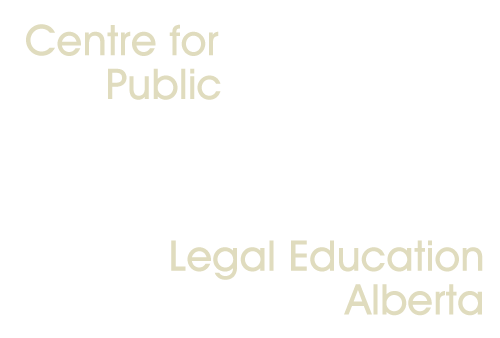Need to know
- In Canada, each province has a different law that deals with renting a home. The law in Alberta is very different from the laws in the other provinces.
- In Alberta, the law that applies to most landlords and tenants is the Residential Tenancies Act.
- There are also laws that deal with specific issues in rental housing or related to rental housing. For example, minimum health standards, building safety, privacy, or human rights.
Residential Tenancies Act
The Residential Tenancies Act outlines the rights and responsibilities of the majority of landlords and renters in Alberta. The law includes rules about:
- landlord and tenant responsibilities
- how landlords and tenants can end the tenancy agreement
- security deposits
- inspection reports
- what landlords and tenants can do if things go wrong and
- many other issues
Other laws in Rental Housing
In addition to these laws, there are laws that deal with specific issues in rental housing. Generally, laws are similar in that if a law is broken, the person or corporation that breaks the law can face a penalty through fines or other means.
Alberta Human Rights Act
The Alberta Human Rights Act protects tenants from discrimination and ensures they have an equal opportunity to find a place to live. Landlords cannot discriminate against tenants on the basis of protected grounds. This includes age, race, colour, ancestry, place of origin, religious beliefs, physical disability, mental disability, marital status, family status, source of income, sexual orientation, gender, gender identity, and gender expression.
Do you think that you have been discriminated against while renting? Would you like to learn more about filing a human rights complaint? CPLEA has a series of resources that discuss how the Alberta Human Rights Act helps protect renters from discrimination. For more information, visit: Your rights when renting: Human rights in Alberta.
The Alberta Human Rights Commission also has more information about this topic. It also operates a confidential telephone information line.
Alberta Building Code
The Alberta Building Code sets standards for the design and construction of buildings, and changes to buildings. For example, issues such as ceiling height, window size, and stairways. Municipal Affairs can answer questions about the Code.
Safety Codes Act
This law sets standards in areas such as building, fire, electrical, gas (natural and propane), elevators, and plumbing and private sewage. More information can be found on the Municipal Affairs website.
Minimum Housing and Health Standards (under the Public Health Act)
The Public Health Act requires landlords to keep their properties safe, sanitary, and habitable. Landlords must meet the requirements included in the Minimum Housing and Health Standards. The standards cover topics such as mice and insect infestations, minimum indoor temperatures, and requirements for kitchen areas. For more information about public health and safety standards, consult the Alberta Health Services, Environmental Public Health.
Personal Information Protection Act
The Personal Information Protection Act protects individual privacy by requiring landlords to obtain the tenant’s consent when collecting, using and sharing personal information. More information about this law can be found on the Office of the Information and Privacy Commissioner of Alberta’s website.
Municipal Bylaws
Bylaws deal with local issues such as noise complaints, sidewalk snow removal, and minimum maintenance of buildings. Every municipality also has a bylaw that deals with nuisance properties. In Calgary, see Bylaw 5M2004. In Edmonton, see the Community Standards Bylaw (#14600).
For questions about the bylaws in other municipalities, contact your local bylaw services office or local government office.
FAQS
Are laws about renting the same across Canada?
How do tenants know if the Residential Tenancies Act applies to their situation?
Will the Residential Tenancies Act rules be written in the lease?
What happens if the terms of a lease contradict the Residential Tenancies Act?
What actions can be taken if a landlord or tenant is breaking the law?
November 2023

